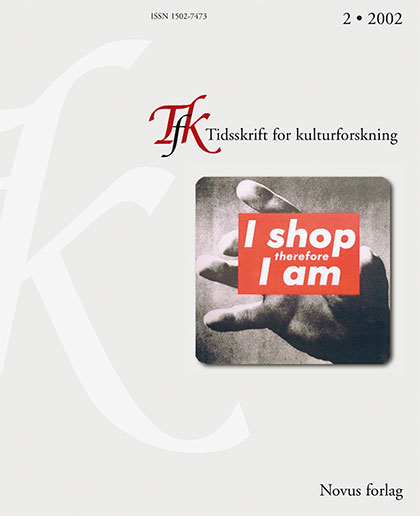Sammendrag
Cyberculture (or net culture) is growing and becoming increasingly rich and manifold, and is consequently an obvious field for studies of communication, social action, genre etc. However, when doing Internet research the researcher has to cope with a technology that is developing fast and making new, unpredicted things possible. It's also true that not all ordinary net users, particularly not children and youths, are concerned about the dangers on the net, like privacy matters, and many slightly illegal activities are going on (such as the transfer of copyright music). The existing rules and guidelines for doing net research therefore tend to be very restrictive, to the degree vast fields of human activities are closed to research. But society needs to know what is going on in cyberculture, and research is therefore necessary. I consquently argue for the need for net-ethical principles that will include the researcher as a 'natural' participant in cyberculture. Research should definitely not intimidate net users and reduce the net's liberating potential, but net users should be aware of the open nature of the net. This is a double challenge that should be faced in developing net-ethics for both users and researchers. Neither of them can survey all technological possible consequences already existing or approaching, but like in society at large, they can find regulations that are tolerable and beneficial to society. The first principle I propose concerns the user's self-decision, his autonomy, and hence the need for informed consent for doing research on his or her texts. But this should be balanced with a principle of development where the judgement of the researcher and the technological development is taken into consideration. Not all research without consent violates autonomy in an unacceptable way. All net users should be aware that privacy on the net is always a quasi-privacy, because the net is an enormous system of computers and people woven together.
Forfattere beholder opphavsretten og gir tidsskriftet rett til første publisering av arbeidet. En Creative Commons-lisens (CC BY-SA 4.0) gir samtidig andre rett til å dele arbeidet med henvisning til arbeidets forfatter og at det først ble publisert i dette tidsskriftet.

